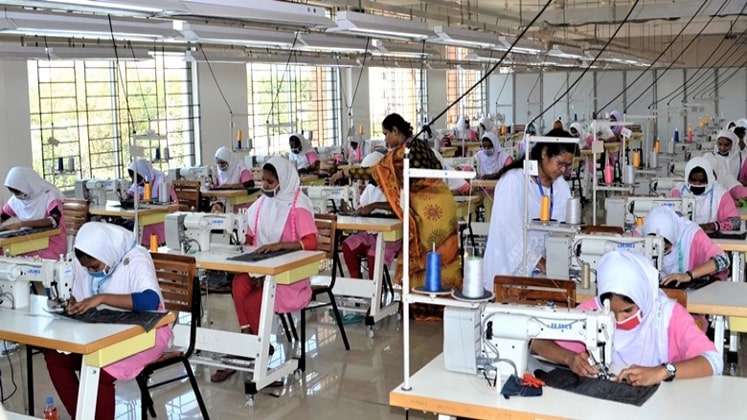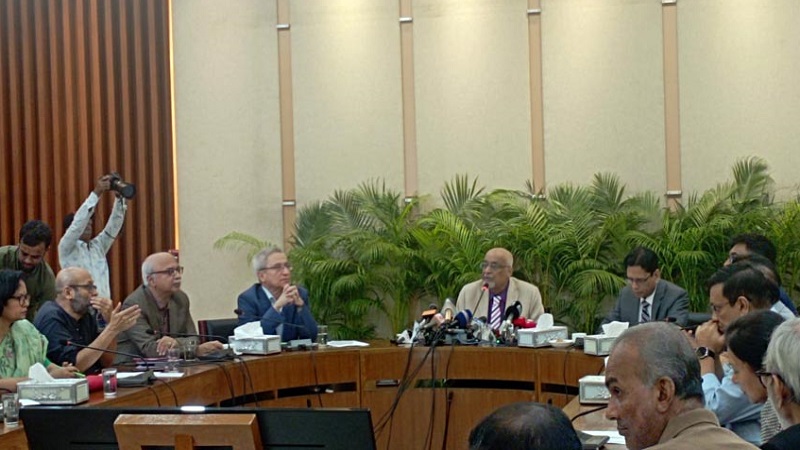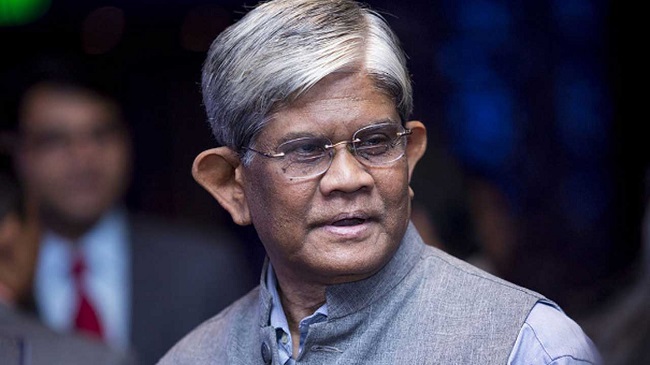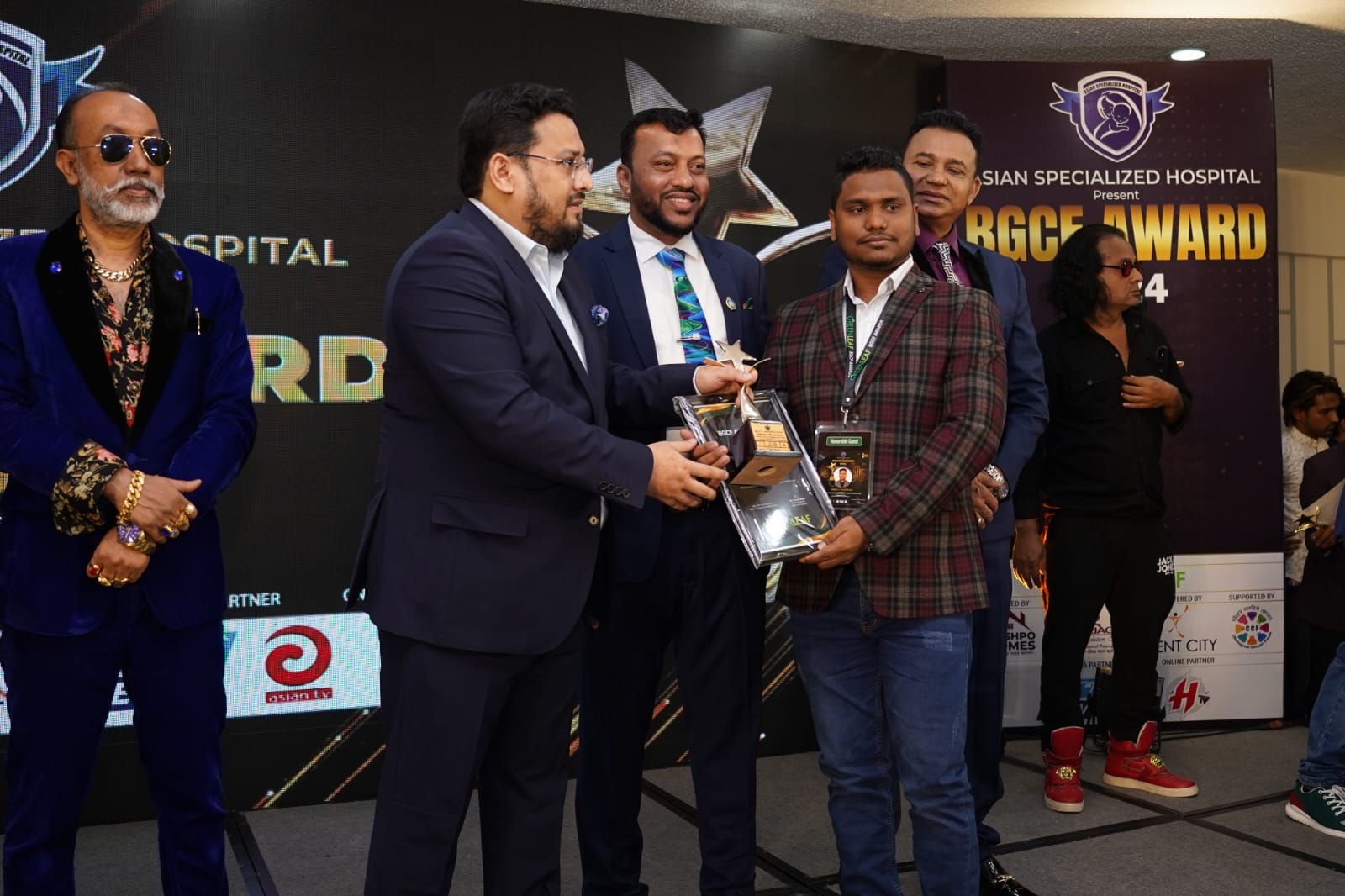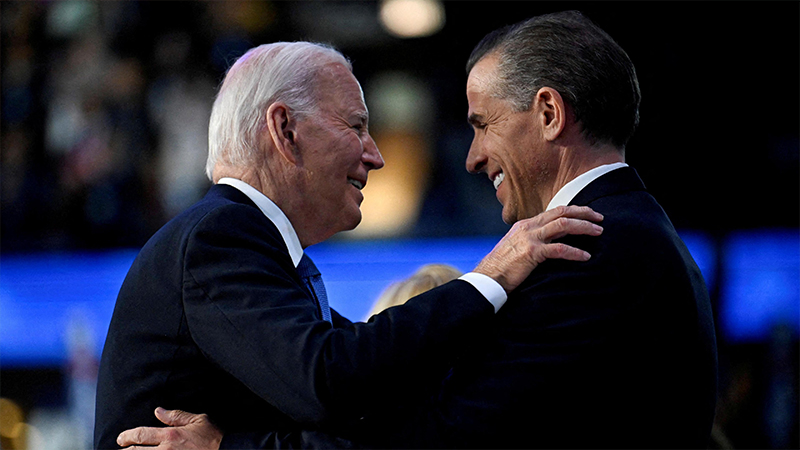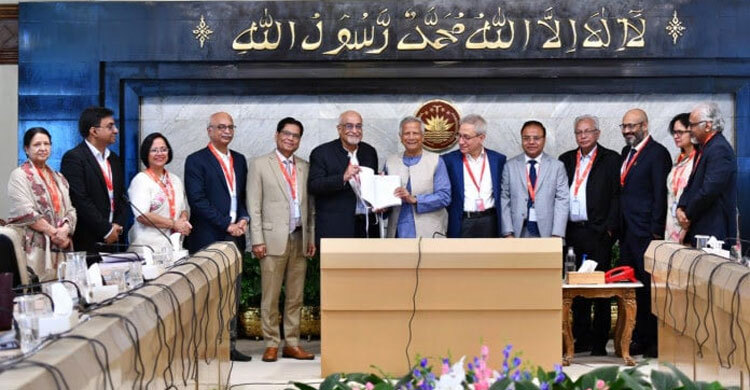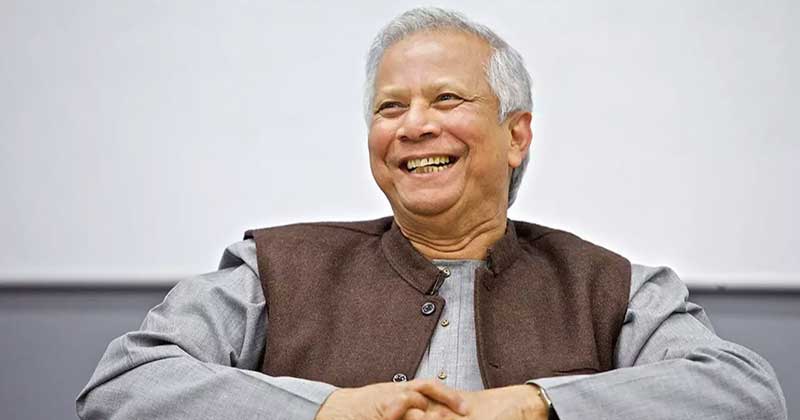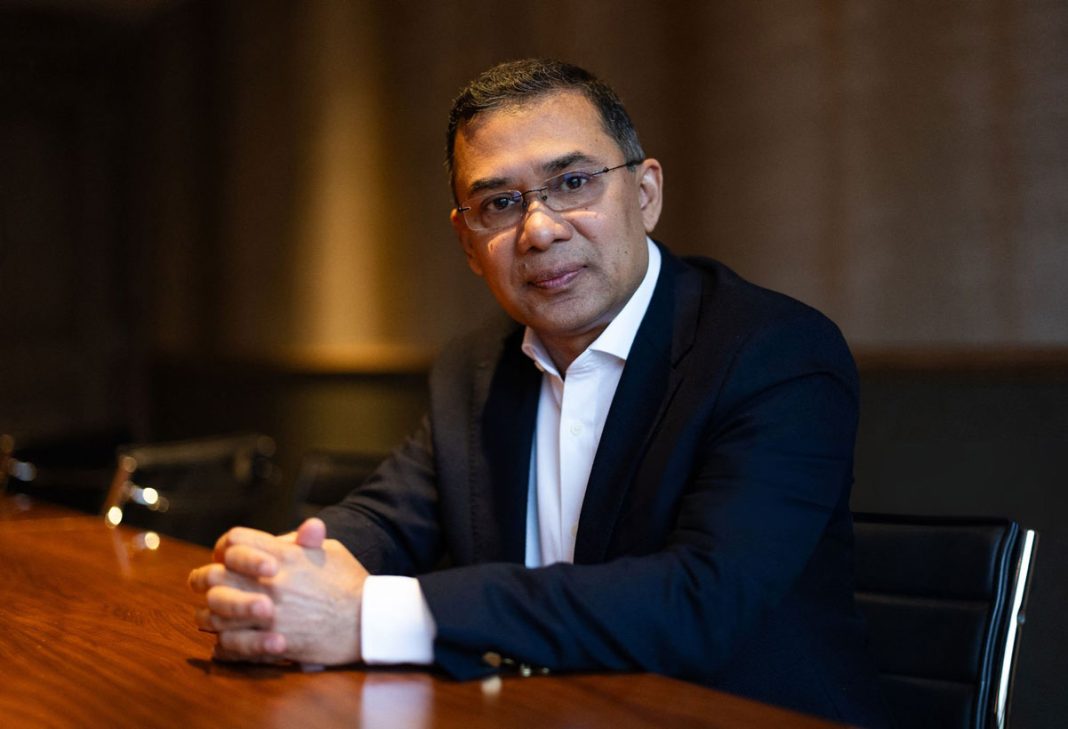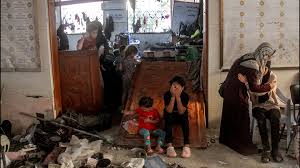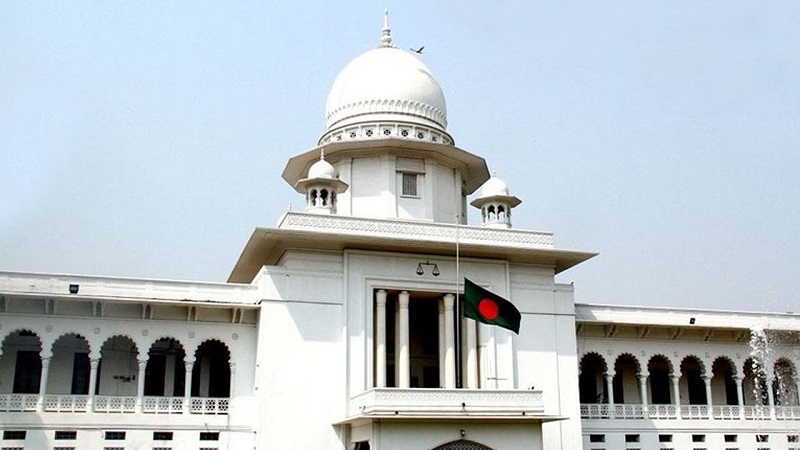Doors are opening for foreign investment in the country's readymade garment sector as the Commerce Ministry has recently formulated policies and guidelines keeping opportunities for the global investors to expand and facilitate the businesses of the sector.
Businesses of the sector, however, think that there is no need for foreign investment openly, rather the FDI should be allowed for heavy investment in manufacturing high quality products, manmade fibers and woven fabrics.
On the other hand, economists and trade analysts believe that the country badly needs to produce high -end products and increase production capacity in the apparel industry.
The FDI in the sector can play an important role in technology transfer from the skilled foreign professionals, they said.
"There is no need of foreign investment in the garment sector in present context, as we have highest capability to make the quantity RMG product. But the foreign investment should inspire only for manufacturing manmade fibers," said Md Siddiqur Rahman, Vice-President of the FBCCI.
Md Faisal Samad, Senior Vice-President of the Bangladesh Garment Manufacturers and Exporters Association (BGMEA), told The New Nation, "Foreign investment in sector should be allowed conditionally.
It should be given only for manufacturing high valued product and woven fabrics as 60 percent of the fabrics are being imported from China."
"It will increase skills of workers and will help local entrepreneurs in making high quality products. So, the foreign investment should be beyond the traditional," he added.
Meanwhile, Ahsan H Mansur, Executive Director of Policy Research Institute, said, "FDI is very important for the RMG sector as it will bring in new technology."
"Investing heavily in backward linkages should be a key priority in the post-pandemic recovery efforts. Bangladesh should strive for heavy investment in the sector," he added.
Following the situation, the Commerce Ministry has formulated policies and guidelines for the sector inspiring foreign investment.
There are 17 steps, and 10 recommendations have been mentioned in the policies and guidelines to expand the business of the sector. The guideline said, identifying the existing challenges of RMG sector and taking steps accordingly it will reduce the lead time of exports.
At the same time, if the business process is simplified, the investment will increase and new industries will be set up. The cost of doing business will decrease and the business will expand.
Initiatives should be taken to import raw materials of the sector from alternative sources, as it takes a long time to import and increases the lead time and expenditure.
Emphasis has been given on providing policy assistance and coordinating the tariff policy of the sector.
Besides, backward linkage will be built to manufacture artificial and manmade fibers for woven along with the initiatives to increase local and foreign investment in the sector. Challenges of the conventional and non-conventional markets will be identified and action will be taken accordingly, the guideline said.


